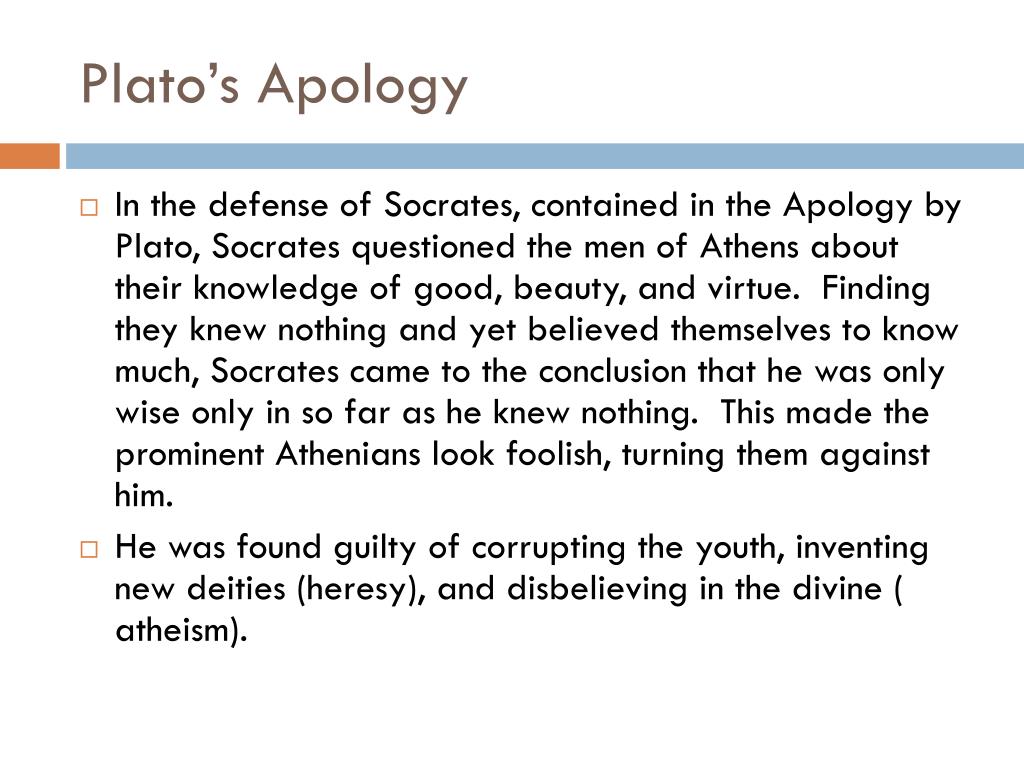

This really grounds what we think of as the humanities in the west and it is reflected in various artifacts from these cultures (e.g. You can consider this way of thinking as an emphasis on our cognitive capacities as human beings.

the love of wisdom) and they began applying this rational approach to all questions: reality, society, morality, thinking, knowledge, and human nature. The Greeks referred to this more rational approach as philosophy (i.e. These early Greeks were seeking a unifying principle that could explain all things. Instead, they gave physical and natural explanations of things. generally referred to as natural philosophers and PreSocratics) did not assume that everything was alive. However, around 600 BC there was a transformative shift in thinking. Essentially, myth gives order and understanding. Furthermore, the deities could be influenced by prayer and ritual (if you have read Homer, you can easily see multiple human characteristics attributed to the gods). Some gods and goddesses were good and benevolent and others were not. For instance, a mythic explanation of a tsunami might be that the god Poseidon was angry, whereas now we give a rational and physical explanation of such. think Mesopotamians, Egyptians, and the early Greeks) was that all events were the result of some spirit’s action. The basic way to understand the world at this time (i.e. With respect to myth, everything in nature is thought to have powers and to be alive: water, air, sun, and the like. Rational inquiry in Greece begins by giving physical and natural explanations of things and using law, predictions, and scientific thinking instead of myth. Myth gives anthropomorphic explanations of the world and refers to gods, magic, and the like. It arises as an alternative way to understand the world in comparison to myth. In the western world, rational thinking begins in Ancient Greece.

This chapter provides a brief overview of how philosophy developed in the west by looking at some key elements of Plato’s Apology. Western philosophy begins in Ancient Greece, with a range of thinkers pushing the status quo to delve into topics that affect us as human beings.


 0 kommentar(er)
0 kommentar(er)
